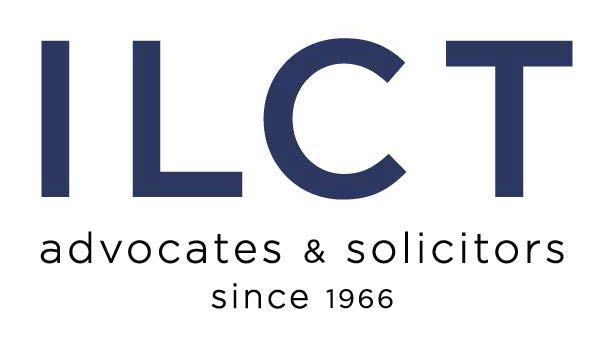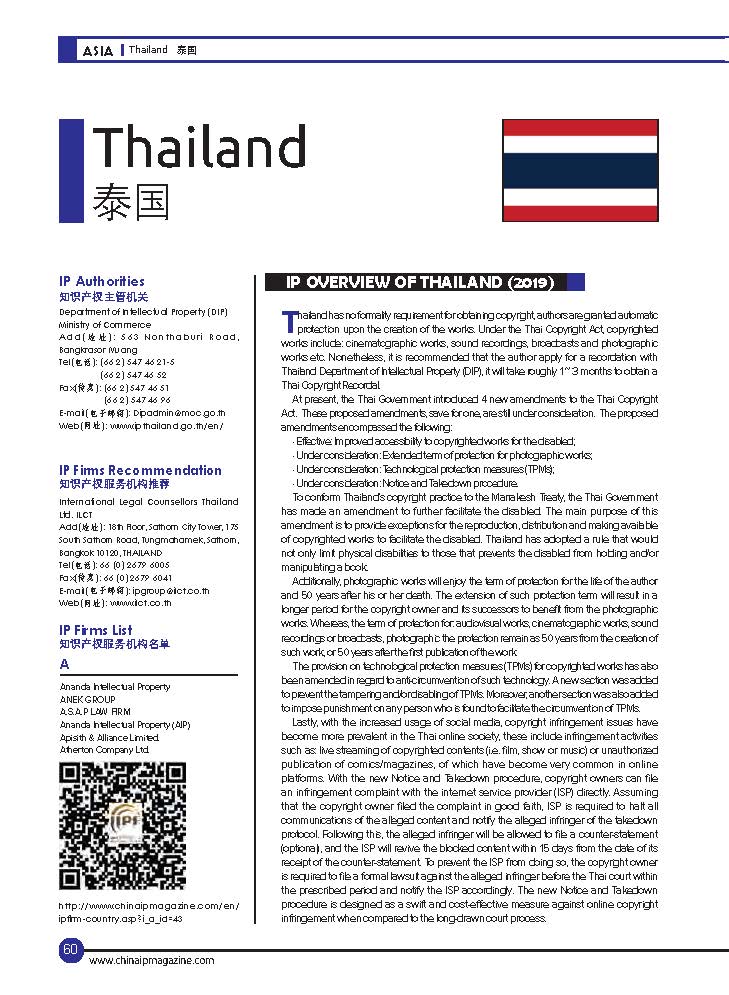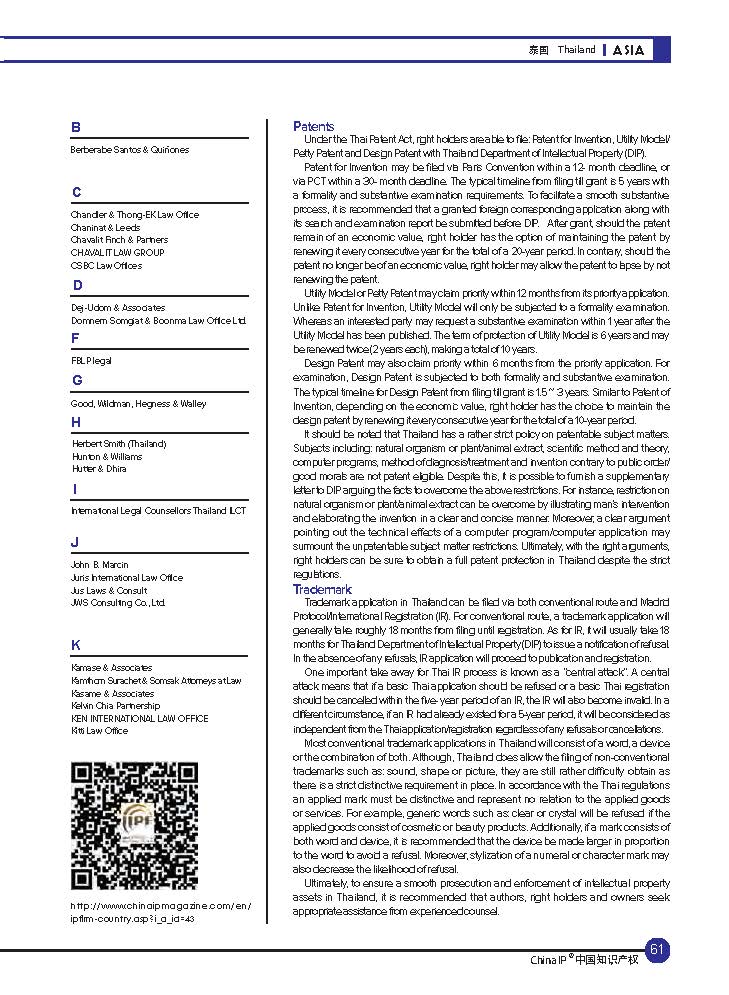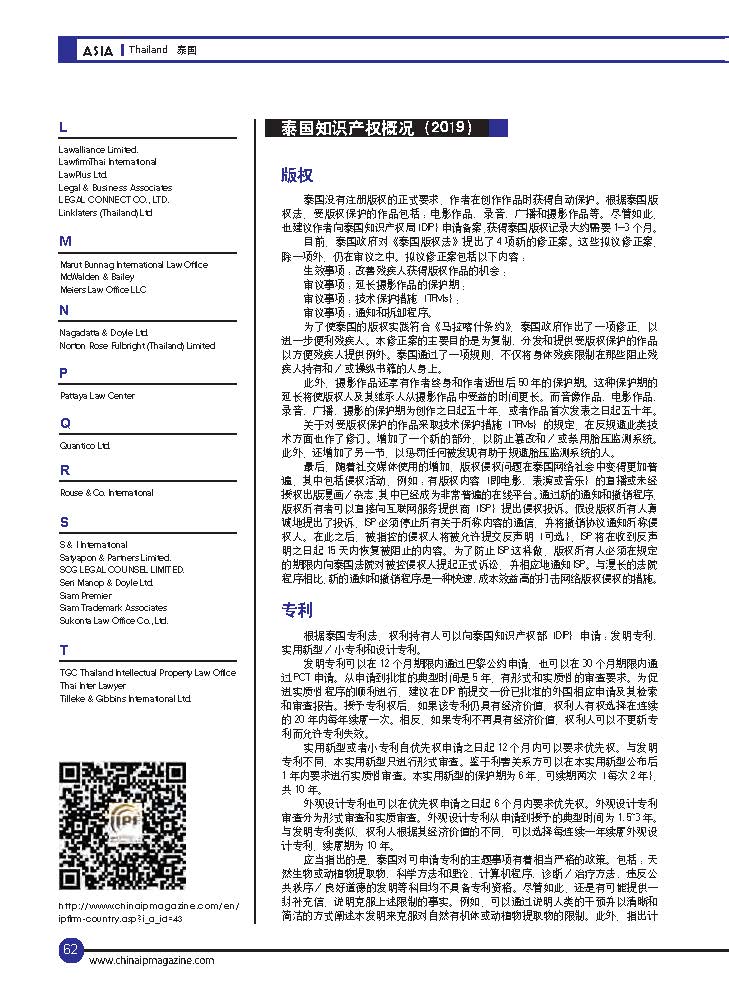Thailand Signboard Tax
Thailand Signboard Tax Act B.E. 2510 (1967) (“STA”) stipulated that any signboard/signage (“Signboard”) for advertisement purposes (i.e. signage displaying name, brand or trademark) shall be subjected to tax collection. Under the STA, Signboard owner is responsible for paying the tax. However, if the owner cannot be identified for any reasons, the tenant or the land/building owner where the signboard is located shall be responsible for the said tax payment.
With this being said, signage located on product, packaging, human or animal are exempted. Signboard displayed on a private property and not exceeding the allowed size is exempted. Additionally, Signboard belonging to governmental authorities, temples and charitable foundations are also exempted from the tax payment under the STA.
In July 2020, the Thai cabinet has approved an amendment to the Ministerial Regulations No. 5 (B.E. 2535) (1992) further adjusting the Signboard tax rate. Moreover, the new amendment also includes a tax collection scheme for mechanical sign, moving text sign and electronic sign (“Animated Signboard”) that advertise more than one images within a one-minute timeframe. The new tax rate will become effective on January 1, 2021 and shall continue till December 31, 2023. The new rates are as stipulated below.
1). Long-term Signboard (Annual Tax Payment)
Long-term Signboard means any signboard/signage displaying text, symbol or picture for longer than 12 months (excluding Animated Signboard), Signboard in this category will be subjected to annual tax payment as follows:
- Signboard with Thai language only – THB 5 per 500 cm²
- Signboard with a combination of Thai/foreign languages and/or pictures/markings – THB 26 per 500 cm²
- Non-Thai Signboard – THB 50 per 500 cm²
- Foreign language Signboard with Thai located below the foreign language portion – THB 40 per 500 cm²
2). Short-term Signboard (One-time Tax Payment)
Short-term Signboard means any signboard/signage displaying text, symbol or picture for less than 12 months (including Animated Signboard), Signboard in this category will be subjected to a one-time tax payment as follows:
- Signboard displayed for less than 3 months – THB 1,010 per 1 m²
- Signboard displayed for no less than 3 months but not exceeding 6 months – THB 1,020 per 1 m²
- Signboard displayed for no less than 6 months but not exceeding 9 months – THB 1,030 per 1 m²
- Signboard displayed for more than 9 months – THB 1,040 per 1 m²
- Any Signboard with a tax valuation under THB 1,010 shall pay a fixed rate of THB 1,010 per sign
Signboard owner or tenant are obligated to pay the tax within March of every year. In the event of new installation or modification of the Signboard, the owner/tenant is obligated to file a tax return within 15 days from the completion of the new Signboard. Failure to comply with the STA or pay the stipulated Signboard tax may be fined, imprisoned or both. Overall, owner or tenant are encouraged to comply with the STA to avoid any unnecessary punishments.

















